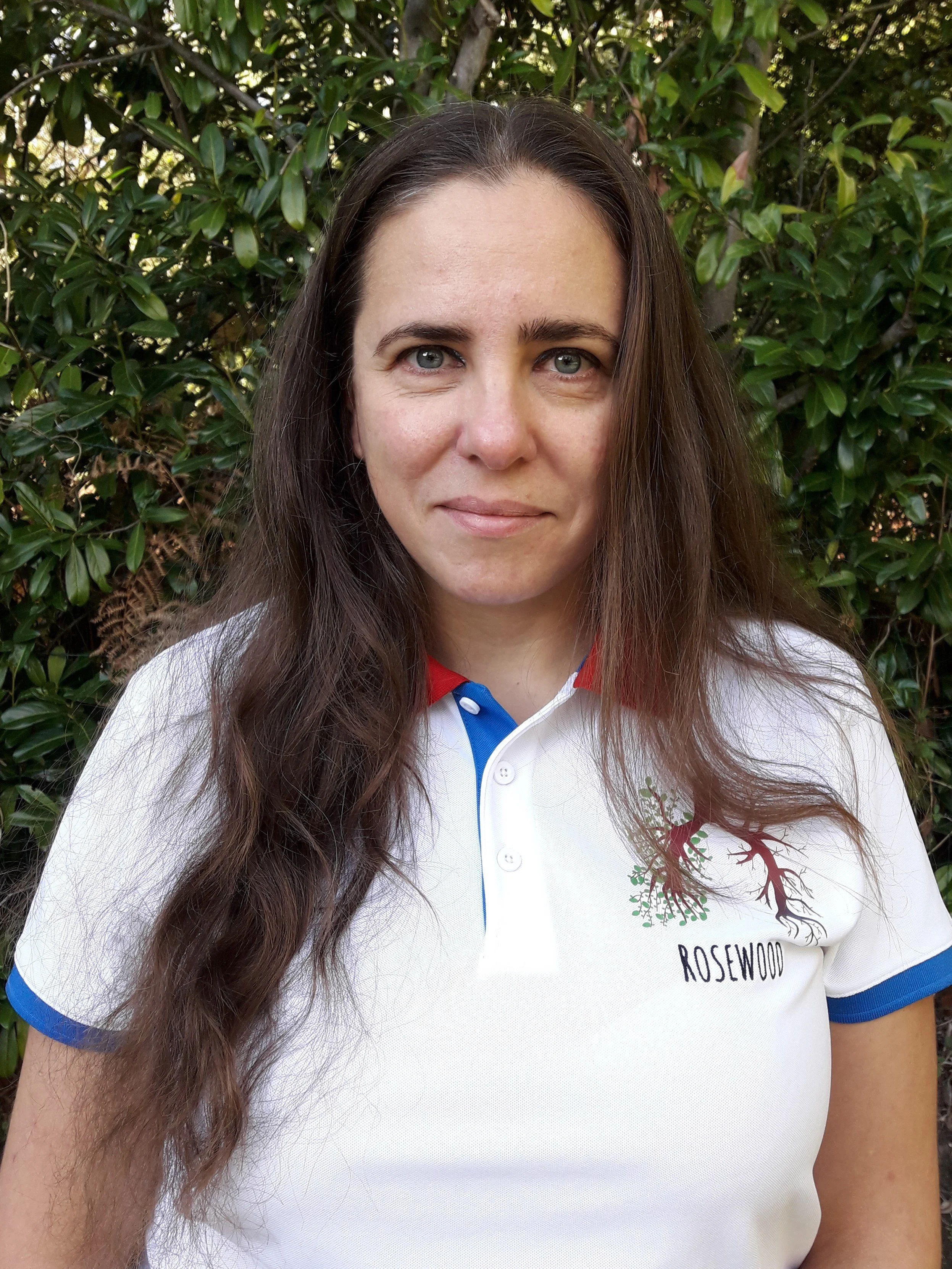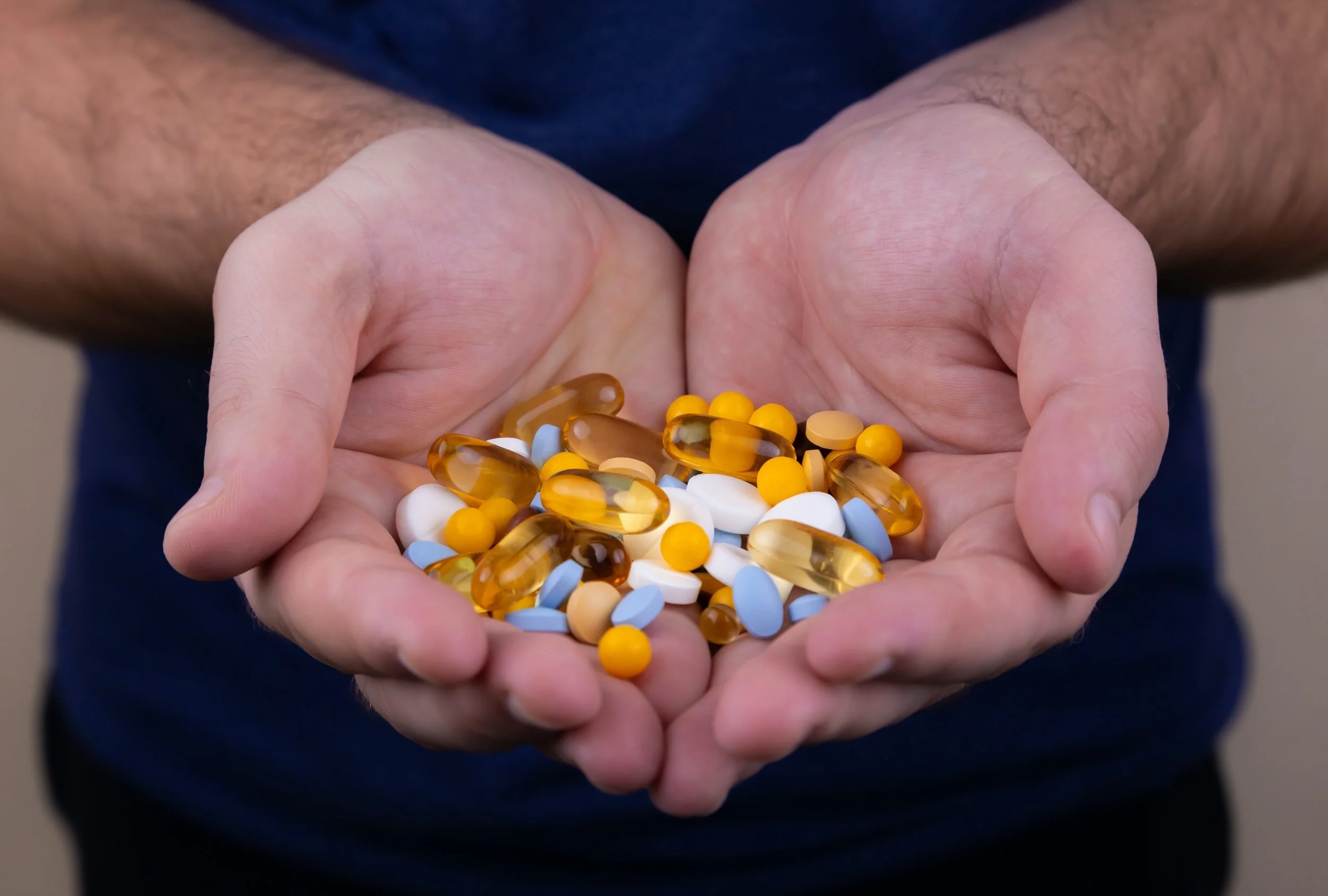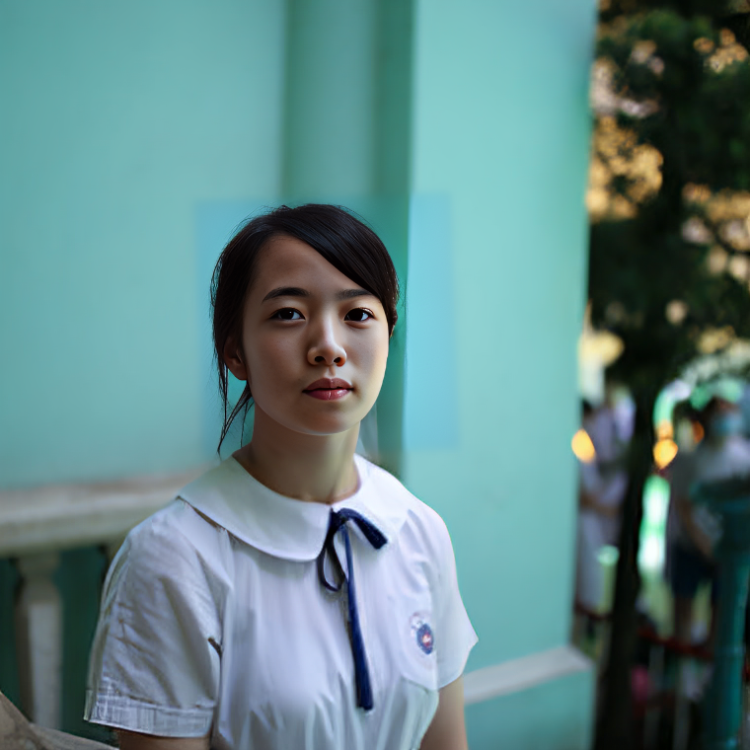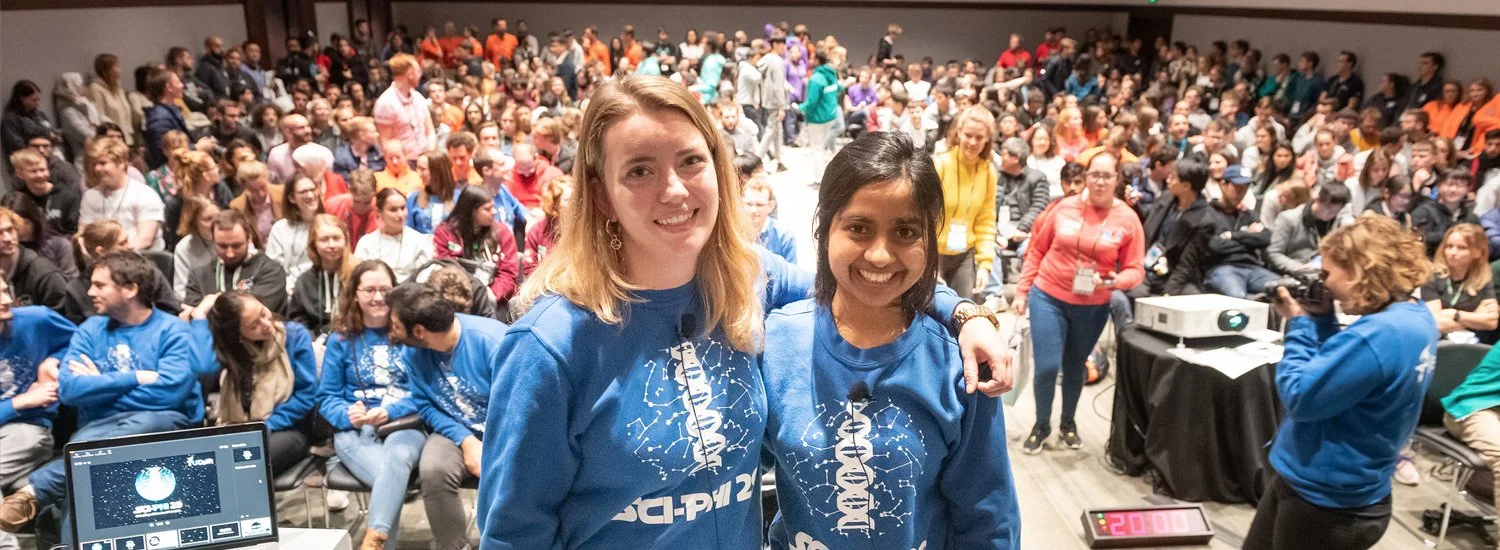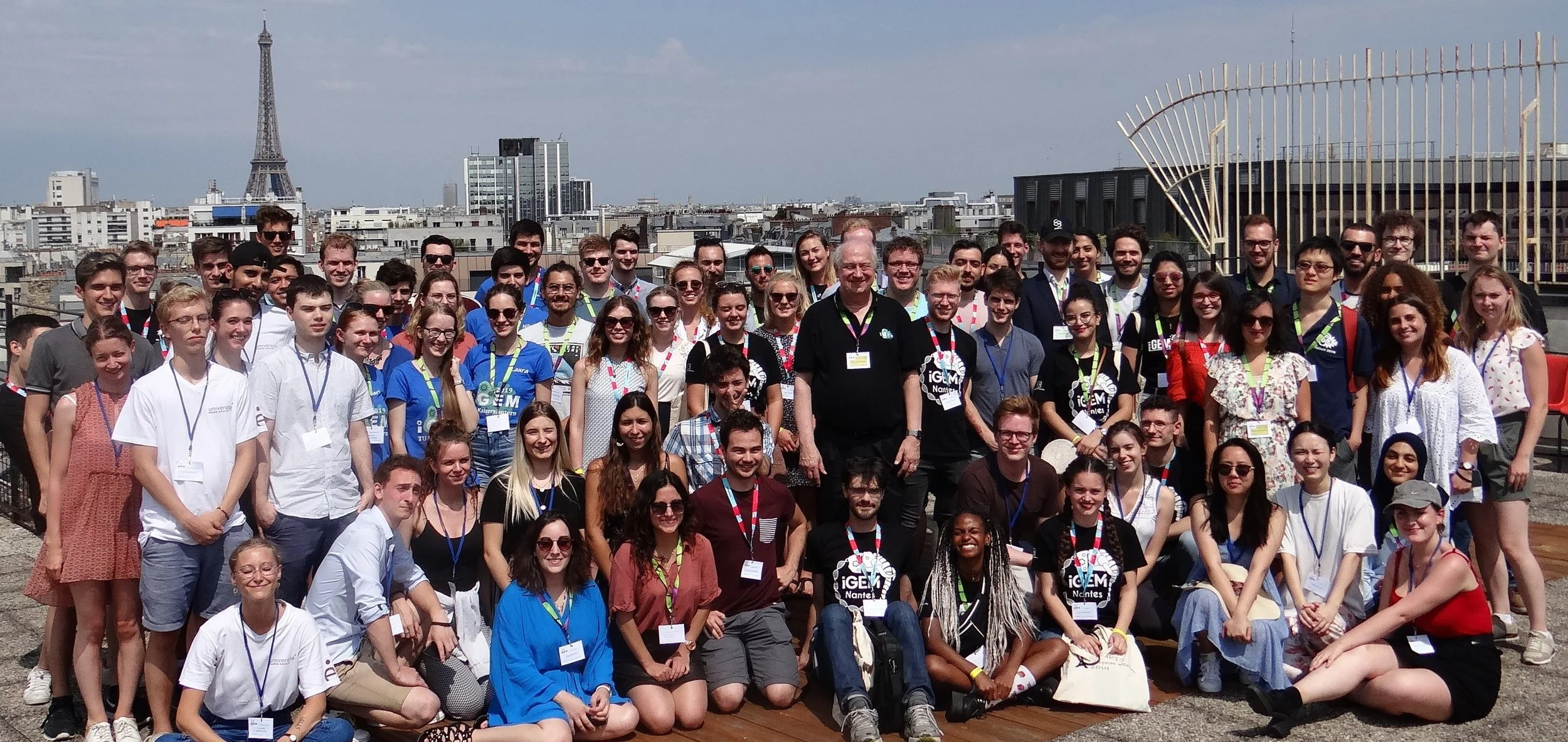In this episode of the iGEMers of the World Podcast series, I talk with Kerstin Petroll, an entrepreneur and postdoctoral researcher in synthetic biology at Macquarie University, Australia. The iGEM startup that Kersten works with – HydGene Renewables – has engineered designer microbes that can produce hydrogen and renewable energy.
Welcome!
This blog is where we share stories, announcements, and insights from around the iGEM community.



